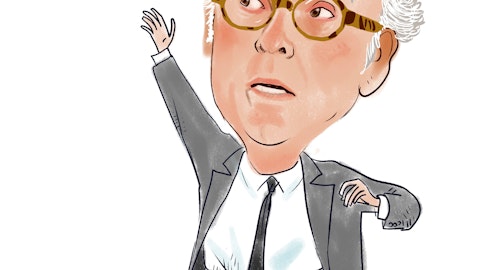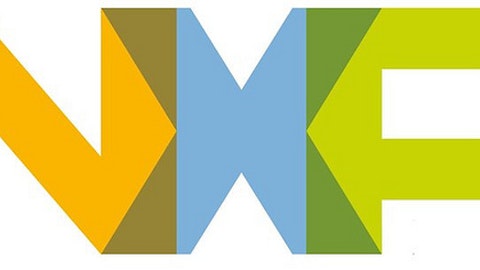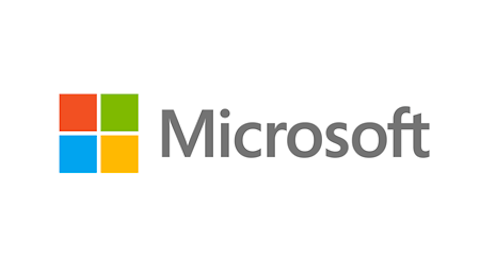Despite the plethora of video game developers out there both big and small, few video game companies end up going public. In an effort to maintain control over their creative process, and with the rise of crowdfunding platforms like Kickstarter, which has been especially beneficial for smaller game developers to fund their projects, there is little incentive for them to go public.
However, a few of the largest video game developers and publishers in the world including Activision Blizzard, Inc. (NASDAQ:ATVI), Electronic Arts Inc. (NASDAQ:EA), and Take-Two Interactive Software, Inc. (NASDAQ:TTWO) are public companies, and we can turn to hedge funds to gain insight on their mood concerning the overall industry as video gaming enters perhaps its last console cycle (although we’ve heard that before).

Why hedge funds you ask? Well with their immense analytical departments and ability to predict broad industry trends, they are the perfect investors to emulate. We say emulate rather than invest with, as the fees they charge simply destroy the otherwise positive returns they generate through their top picks.
Note that the following list does not include Microsoft Corporation (NASDAQ:MSFT) or Sony Corp (ADR) (NYSE:SNE). While being of course two of the largest players in gaming, including having their own in-house development teams, the two companies’ gaming operations only account for a portion of their overall business, making them less ideal as case studies for the gaming industry.
Now then, let’s see what hedge funds think about some of the most prominent names in gaming, beginning with their top pick heading into 2015, Electronic Arts Inc. (NASDAQ:EA), which overtook Activision Blizzard, Inc. (NASDAQ:ATVI) during the fourth quarter to become the most popular gaming stock among the hedge funds we track. A total of 40 hedge funds had $1.01 billion invested in EA, up from 38 funds and just $732 million at the end of the third quarter. The large increase in invested capital was partly due to Electronic Arts Inc. (NASDAQ:EA)’s strong fourth quarter, as its shares rose by 31.62%. The stock also had a solid growth since the beginning of the year and is up by 56.18% over the past six months.
While being most well-known for its EA Sports titles, which include the popular Madden, FIFA, and NHL series of games, Electronic Arts Inc. (NASDAQ:EA) has also become a major player in other genres like RPG’s (primarily through the purchase of Canada’s BioWare in 2008) and more recently, in mobile games (where much of its future growth is expected to come from). Philippe Laffont’s Coatue Management was the largest shareholder of Electronic Arts Inc. (NASDAQ:EA) at the end of 2014 among funds that we track, after opening a new 3.71 million share position during the fourth quarter.
Activision Blizzard, Inc. (NASDAQ:ATVI) fell to second, switching places with EA, as the number of funds holding shares declined to 38 from 40. The aggregate value of the stakes held by the funds that we track also declined to $744 million from $829 million, while the stock lost 2.65% during the fourth quarter. Even though the year-to-date return of the stock amounts to 15.04%, analysts are still bearish on the publisher’s prospects. Best known for the first-person shooter franchise Call of Duty, and the still-going-strong MMO World of Warcraft, as well as the Warcraft-themed collectible card game Hearthstone, Activision Blizzard, Inc. (NASDAQ:ATVI) has produced flat income for five years and is now priced at over 20 times P/E.

While World of Warcraft continues to perform well and actually rebounded to achieve a two-year high in subscribers during the fourth quarter, questions persist over just how much longer Activision Blizzard, Inc. (NASDAQ:ATVI) can count on massive revenues coming from the game, as the subscription model continues to be a tough sell among current MMO players (most recently Bethesda Softworks ditched the subscription model for its Elder Scrolls Online game). World of Warcraft accounts for a massive portion of the Blizzard division’s revenue, and with the announcement last year that the company’s successor MMO, codenamed Titan, had been cancelled after seven years in development, there seems to be nothing to fill the revenue void should WoW begin to wane.
Coatue Management also opened a large new position in Activision Blizzard, Inc. (NASDAQ:ATVI) during the fourth quarter and reported 4.17 million shares in its latest 13F as the fund showed some strong bullishness towards the gaming industry. Israel Englander’s Millennium Management has the largest position in the company among the funds that we track, owning 6.88 million shares, an 81% increase from the previous quarter.
Lastly is Take-Two Interactive Software, Inc. (NASDAQ:TTWO), the publisher of the hit Grand Theft Auto series, as well as popular series BioShock, Borderlands, and Civilization, among others. At the end of 2014, 34 funds held long positions in Take-Two, up from 30 funds at the end of the third quarter, while the value of invested capital increased to $651 million from $501 million, partially on the strength of the stock’s impressive fourth quarter, as it was up by 23.06%. Among those funds, David Einhorn’s Greenlight Capital was the largest shareholder of Take-Two Interactive Software, Inc. (NASDAQ:TTWO) throughout 2014, ending the year with 4.70 million shares.
Take-Two Interactive Software, Inc. (NASDAQ:TTWO) announced strong financial results for its fiscal 2015 third quarter, with non-GAAP net revenue rising by 24% on the year to $954 million, and non-GAAP net income up by 10% to $1.87 per diluted share. Take-Two also raised its financial outlook for the fiscal 2015 year, expecting non-GAAP revrenue between $1.65 and $1.70 billion and EPS in the range of $1.65 to $1.75.
Disclosure: None





